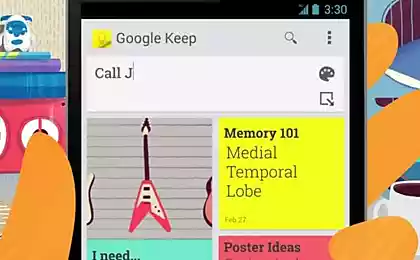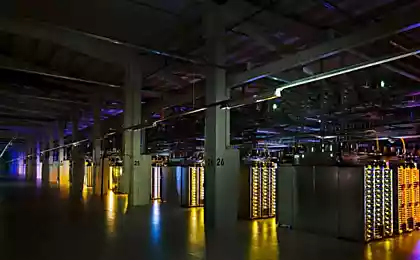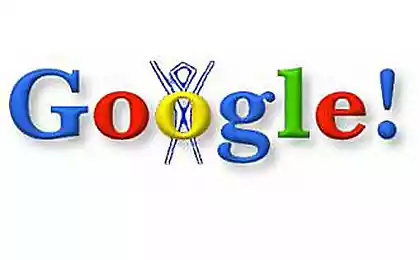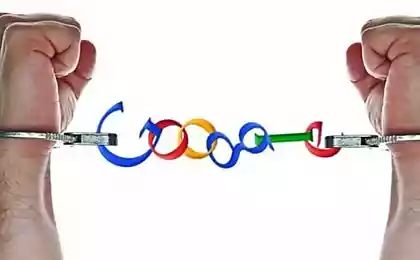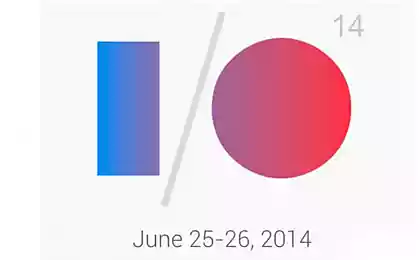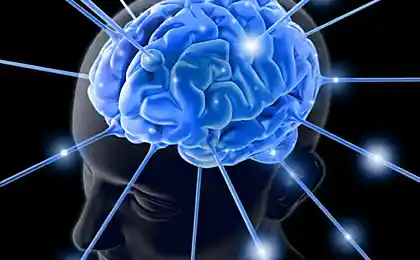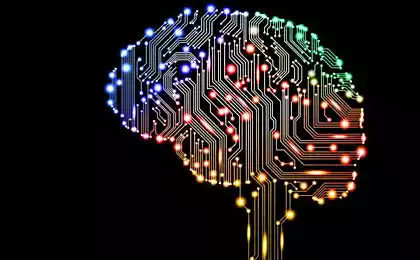152
Google portit of our memory
Scientists conducted a couple of experiments. In one study, 40 statements were typed into a computer: “The eye of an ostrich is bigger than its brain.” Half of the participants said that the information will be stored in the computer, half - that will be deleted. The second group remembered the facts better. And the first group didn't even try to remember.
The second experiment was to test how much the availability of a computer affects what we remember. Participants were asked to remember a statement and a folder (one of five) on the computer to which the information was stored. The subjects were much better at remembering not the fact, but its location in the computer memory.

Scientists see nothing wrong with this. Humans have relied on transactional memory since the invention of language. For most of history, the only reliable source of information was other people. But now the situation has changed: search engines are perceived as smart assistants with a good memory for facts. There is a symbiotic relationship between human and computer.
Betsy Sparrow’s research shows the true nature of our memory. Contrary to common misconception, its limits are not unlimited. Therefore, we use every opportunity to get rid of less valuable information in favor of more valuable information.

In addition to size, there is an overestimation of the reliability of your memory. With each memory, we change the neural connections and at the same time change the memory itself. This is called memory reconsolidation. The brain reproduces events not as a film, but as a play: each show is slightly different from the previous one. Memory is so unstable that fake memories can even be implanted under the influence of advertising (and other vivid impressions).
The worst part is that we don’t notice how our memory changes. We are constantly re-recording it, and we continue to convince ourselves of the accuracy of the current version.
In this context, our desire to rely on search engines is quite natural. We outsource the role of information storage to machines because we know our own imperfections. This achieves a double effect: we make room for the most valuable and increase (at the expense of the computer) the accuracy of memories.
Source: /users/413


